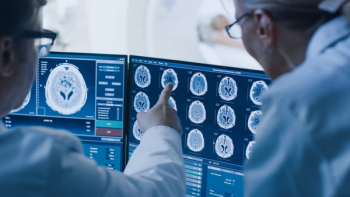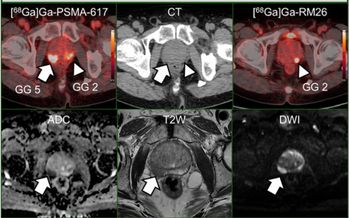
Diagnostic Imaging's A Look Ahead: Nov. 2, 2020, to Nov. 8, 2020
Here's what to expect this week on Diagnostic Imaging.
In this week’s preview, here are some highlights of what you can expect to see coming soon on Diagnostic Imaging:
Ensuring that women have easy access to the breast imaging and breast cancer screening services they need to maintain their health is critical across the country. And, currently, levels of access, as well as breast imaging legislation, varies by state. This week, Diagnostic Imaging spoke with Dr. Amy Patel, Medical Director of Liberty Hospital Women's Imaging, about her efforts to enact laws that support women in their screening efforts and why this venture is so important.
For additional video breast imaging coverage,
For more coverage based on industry expert insights and research, subscribe to the Diagnostic Imaging e-Newsletter
COVID-19 has shown no discrimination in its ability to infect and severely impact patients. Men and women from all races and ethnicies, as well as all ages are clearly susceptible to the virus. The differing effects, however, have been felt in how imaging has resumed for various groups, particularly with cancer screenings. In the next edition of The Reading Room podcast, Diagnostic Imaging spoke with Dr. Shalom Kalnicki, chair of radiation oncology at Montefiore and Albert Einstein College of Medicine, about the challenges racial and ethnic minorities face in accessing cancer screening services, as well as the impact COVID-19 has had on this existing problem.
To listen to previous episodes of The Reading Room,
Work continues into helping radiologists identify findings in the brain that are so small they can routinely be overlooked. This week, we will share the results of a study that outlines how radiologists can improve their ability to detect these problems. Look for this coverage as the week progresses.
To read Diagnostic Imaging’s neuroimaging coverage,
Newsletter
Stay at the forefront of radiology with the Diagnostic Imaging newsletter, delivering the latest news, clinical insights, and imaging advancements for today’s radiologists.













